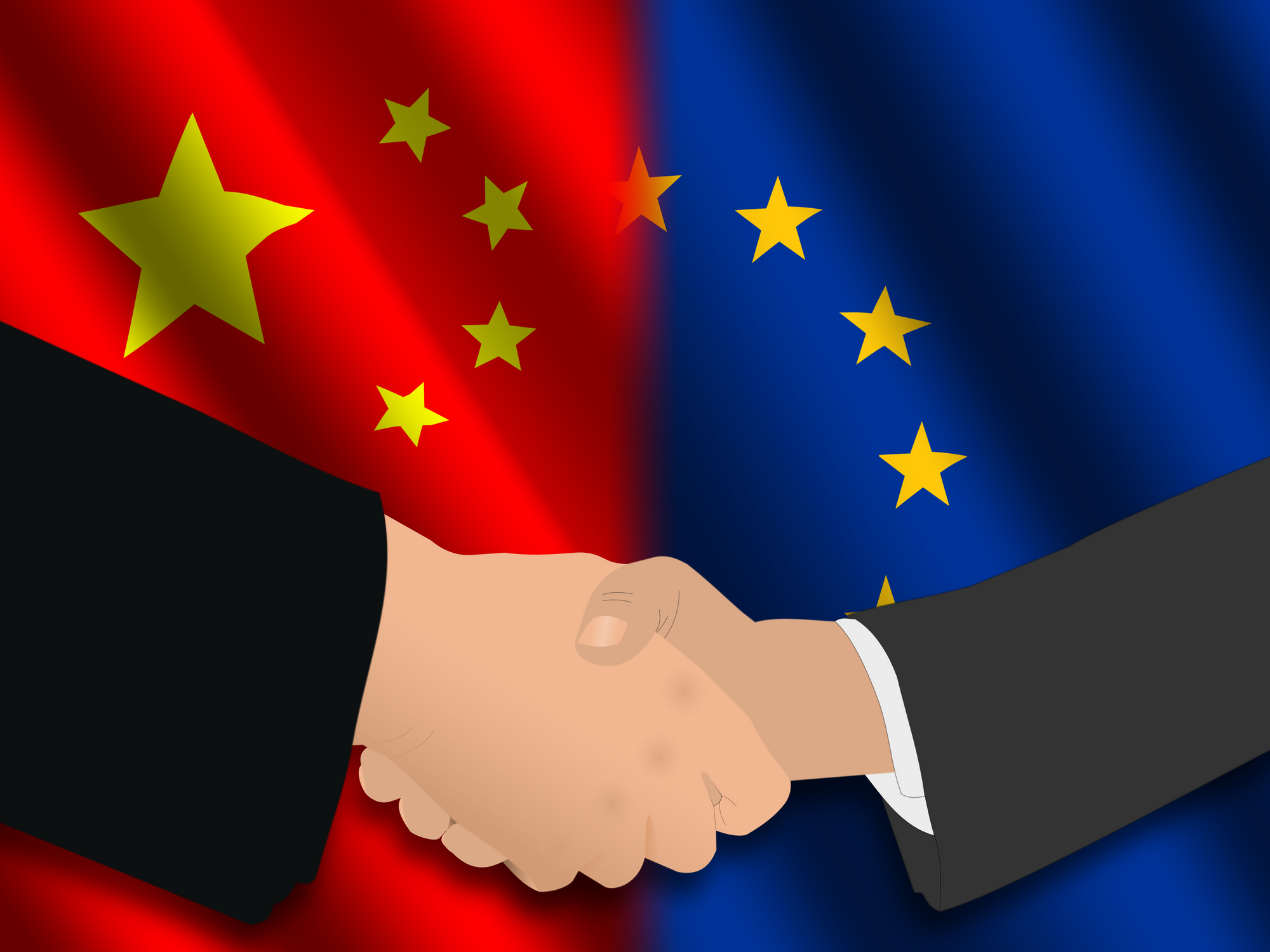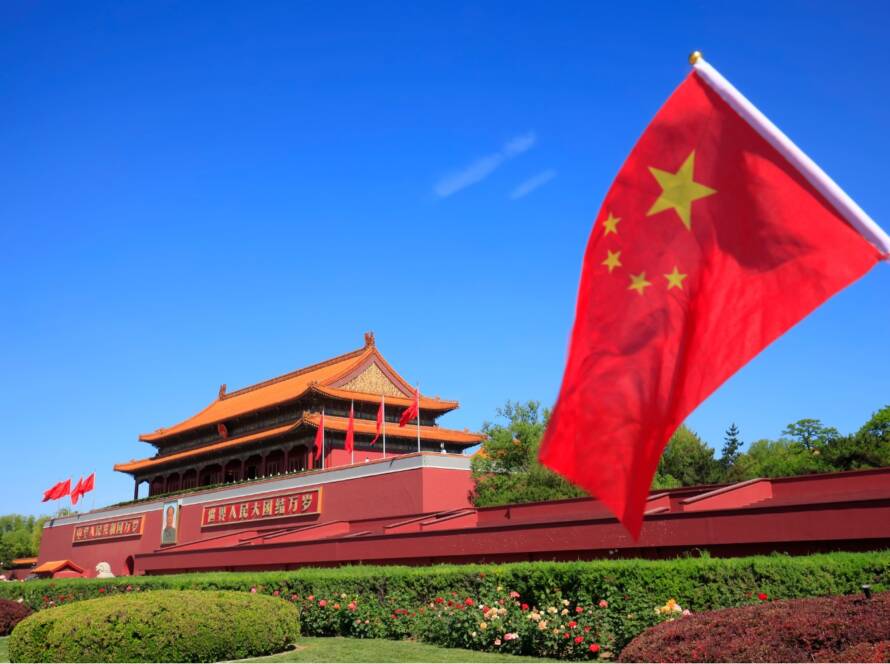Being able to communicate across cultural divides has become critical for Western businesses in an ever more globalized world. In particular, the Chinese market offers a distinct mix of potential challenges and pitfalls. Western negotiators can certainly gain from adhering to a few important principles.
Mutual benefit is key when negotiating with Chinese businesses, requiring a delicate mix of business savvy, cultural insight, and strategic flexibility. Western companies must tread this intricate path with patience, understanding, and a willingness to accept cultural variances. These negotiations transcend mere business dealings; they are intercultural interactions that can culminate in enduring alliances and shared prosperity.
Western enterprises that grasp these concepts and tactics can tap into the Chinese market’s opportunities, cultivating fruitful, long-term collaborations.
Let us examine how:
First, one must try to understand the traditional Chinese methodology. It is a complex tapestry of historical and cultural subtleties that go beyond what ordinary commercial interactions would mean to westerners.
One such example is the importance of pre-negotiation activities to establish relationships and to understand the broader context. Be aware that the goal line and key objectives may be fluid and change along the way. It is important to always stay on top of this.
Even after the hardest part is over and the contract is signed, more discussions could take place. Chinese negotiators do not mind revisiting and renegotiating previous agreements, in contrast to negotiators in other countries who consider agreements closed and final.
One might consider these six strategies and principles when negotiating with Chinese counterparts.
Team formation. The Western negotiating team’s composition is very important. It should include individuals with a range of skills, such as technical, financial, and cultural expertise. The team’s seniority and experience demonstrate respect and commitment.
Importance of political endorsement. Governmental support is vital in large-scale negotiations, mirroring the close relationship between business and government in China. Understanding the government’s role in your sector and possibly seeking its support or approval for your ventures is critical.
Valuing relationships over contracts. In Chinese culture, relationships and trust are valued more than legal agreements. Cultivating and sustaining guanxi (relationships) is essential. As stated by a senior Chinese executive, “To accomplish things in China, you must prioritize people.”
Leveraging local expertise. The knowledge of local Chinese personnel can offer substantial benefits in comprehending and maneuvering through the cultural and bureaucratic terrain. This includes the legal and regulatory framework. While relationships matter, grasping the legal system and adhering to Chinese laws is vital.
Cultivating patience. Negotiations in China tend to be lengthier than in the West. The Chinese approach to negotiation is slower, focusing on relationship-building before business discussions. Patience and perseverance are essential; haste can be detrimental to the negotiation process.
Culturally informed pricing strategies. It is important to tailor pricing strategies to fit the cultural norms of negotiation in China, which includes bargaining.
Once the guiding principles are understood and in place, the right communication strategies become indispensable.
Adaptability to the cultural differences is obviously important. However, negotiators must recognize that individuals may not conform to cultural stereotypes. Consider regional variations and the specific corporate culture of the business in question.
Active listening and clarification are vital for mutual understanding and aligning objectives. It is essential to be attentive to non-verbal signals and the subtleties of Chinese communication, which may be more indirect than what Westerners are used to.
Build rapport and trust. Develop a good relationship with Chinese counterparts, comprehending their business etiquette and cultural values, and preserve their ‘face’ during negotiations. The concept of ‘face’ (dignity and respect) is paramount in Chinese culture. It is best to avoid direct confrontation or criticism. Handle disagreements with subtlety and diplomacy to prevent embarrassment or a loss of face.
Flexibility is always necessary. Chinese negotiation often involves several rounds of discussion and repeated presentations, requiring Western negotiators to be flexible and adaptable. Lastly, effective use of translators should never be underestimated. Translators are essential in facilitating cross-cultural negotiations.



